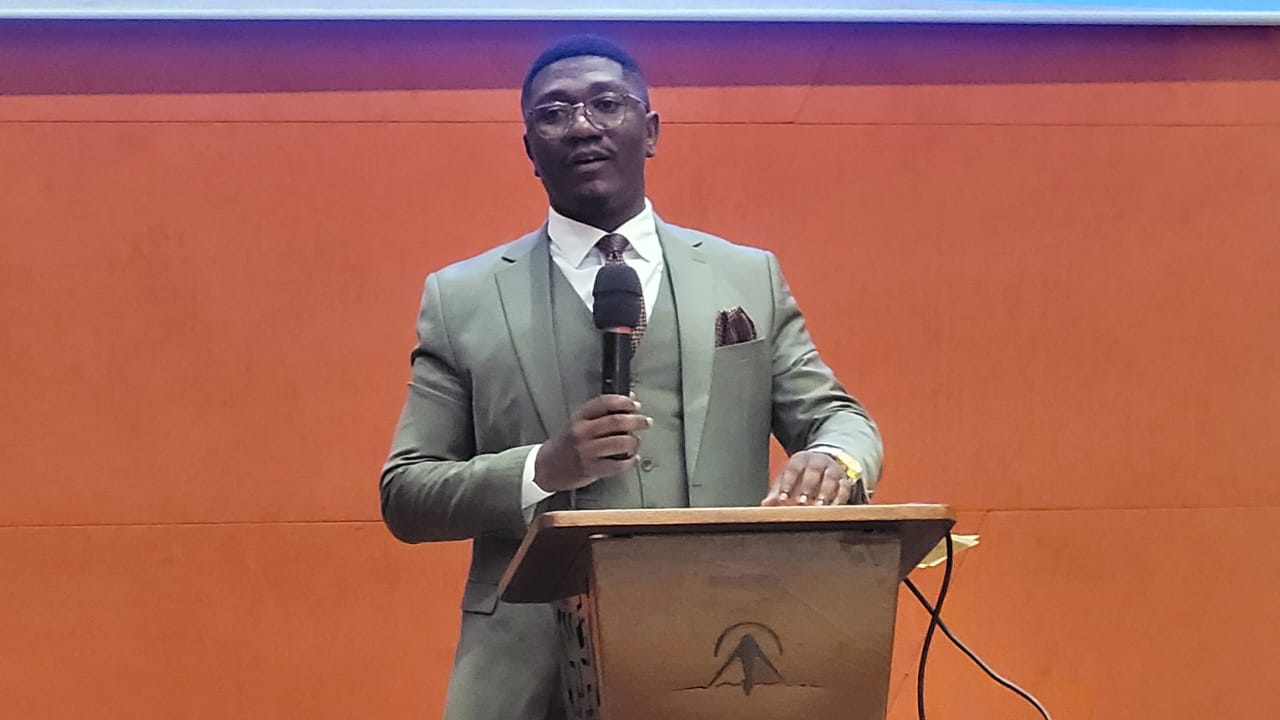 Principal Secretary for Youth Affairs Fikirini Jacobs speaking at a hote in Nairobi during the launch of the African Youth Pathways to Resilience and Systems Change (AYPReS) programme. Photo by Virginia Siebela
Principal Secretary for Youth Affairs Fikirini Jacobs speaking at a hote in Nairobi during the launch of the African Youth Pathways to Resilience and Systems Change (AYPReS) programme. Photo by Virginia Siebela
By Virginia Siebela
A continental research initiative has been unveiled to confront Africa’s growing youth unemployment challenge, with a focus on innovation, resilience, and policy reform.
The African Youth Pathways to Resilience and Systems Change (AYPReS) programme, led by the Partnership for African Social and Governance Research (PASGR) in collaboration with the Mastercard Foundation, will run across ten countries—including Kenya, Uganda, Ethiopia, Rwanda, Nigeria, Ghana, Togo, Benin, Senegal, and Côte d’Ivoire—over the next three years.
Speaking at a hote in Nairobi during the launch, Principal Secretary for Youth Affairs Fikirini Jacobs said the Kenyan government is scaling up efforts to support innovation as a driver of job creation.
“This programme will help create more jobs in a country where opportunities have been scarce,” he noted.
Jacobs revealed that in the 2024/25 financial year, the government funded 306 youth innovators, 266 innovation hubs, and 250 organizations working to empower young people.
He emphasized the importance of involving youth in designing solutions to global challenges, saying the state is committed to building inclusive innovation ecosystems.
Homa Bay Senator Moses Kajwang urged policymakers to reframe employment strategies, arguing that “employers should be competing to attract youth talent, rather than leaving young people to scramble for jobs.”
Youth participants also raised concerns about workplace discrimination and limited career growth opportunities. Cynthia Mbithe, a youth living with disability, highlighted frequent exclusion in hiring practices, while Mophat Okinyi decried the assignment of roles to young people for which they lack proper training, undermining long-term professional development.
PASGR Executive Director Prof. Fadel Ndiame underscored that AYPReS seeks to co-create solutions by centering youth voices. “It is better to hear from young people first before designing pathways for their employment,” he said.
The programme will focus particularly on marginalized groups such as refugees, displaced persons, and those in informal work, with a strong emphasis on empowering young women.
AYPReS builds on insights from the earlier African Youth Aspiration and Resilience (AYAR) study and aims to generate evidence-based strategies to inform inclusive policies.
According to Ndiame, African youth are ready to take their rightful place as architects of change. “This programme will deepen understanding of youth employment dynamics and support systemic transformation,” he said.
Would you like me to make this more hard-news style (shorter sentences, sharper quotes) or keep the feature-style flow with context and background?